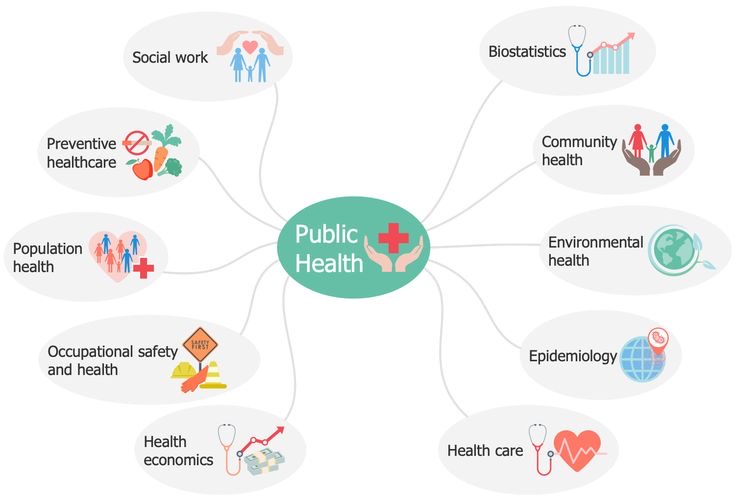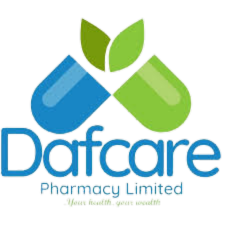Nigeria, Africa’s most populous nation (≈218 million), faces what public health experts call a double burden: persistent infectious diseases like malaria and meningitis alongside rising non‑communicable diseases (NCDs) such as hypertension, diabetes, and cancer. This reality strains families, healthcare systems, and national productivity.
The Human & Economic Toll
- NCD expenditure is steep: The average household in Southwest Nigeria spends about ₦122,314 (~$398) yearly on NCD care—nearly 25 % of food expenditure
- Forgone care is common: Up to 60 % of Nigerians skip needed healthcare due to costs.
- Screening rates are low: Only 65 % had blood pressure checked, 54 % had blood sugar tests in two years
This shows that treatment-focused health systems trap many in costly cycles of late diagnosis and high medical debt.
Why Prevention Works
1. Early detection saves money and lives: Hypertension affects 28–38 % of Nigerians, yet fewer than 10 % are diagnosed. Screening earlier allows for timely, low-cost management; reducing risk of expensive emergency care later.
2. Vaccination pays dividends: Nigeria invested over $79 million immunization (2022–23); each \$1 spent yields up to \$54 in health & economic benefits.
3. Health education boosts action: In private hospitals, about 87 % of people are aware of preventive healthcare, largely via health workers and social media – but uptake lags behind. Targeted messaging can convert awareness into action.
4. Reducing financial risk: Preventive care is a central pillar of Nigeria’s National Health Insurance Authority (NHIA) Act 2022—mandating coverage for vulnerable groups.
This is critical: preventive-focused insurance reduces catastrophic healthcare spending and encourages timely care.

How We Make Prevention Real
Nigeria has made bold strides:
- Primary Health Care is being revitalized—especially through the National Primary Health Care Development Agency’s infrastructure and outreach efforts.
- Community campaigns like Ondo State’s Abiye initiative slashed maternal mortality by 85 %, proving prevention-first approaches work.
- Innovations like AI for immunization, such as the ADVISER project in Oyo State, used smart targeting to raise child vaccine uptake.
What Comes Next: A Preventive Health Blueprint
- Screening Clinics: Introduce routine BP, sugar checks at pharmacies and labs; close to communities
- Health Education: Use pharmacies and digital platforms to explain cancer self-checks and diabetes risk
- Vaccinations & Outreach: Use existing community presence for routine immunizations and seasonal boosters
- Insurance & Subsidy: Include preventive packages in NHIA benefits and private insurance plans
- Tech Integration: Use simple apps or SMS prompts to remind for check-ups, immunizations, screening
In Conclusion
Prevention isn’t optional—it’s foundational. By acting now, Nigeria can avert future health crises, reduce household impoverishment, and build resilient health systems.
At Dafcare Pharmacy & Laboratory, we’re committed to:
- Offering affordable preventive screenings
- Educating customers on early detection & wellness
- Partnering with communities to make healthcare accessible
Together, let’s shift from “treating illness” to “promoting health.”


